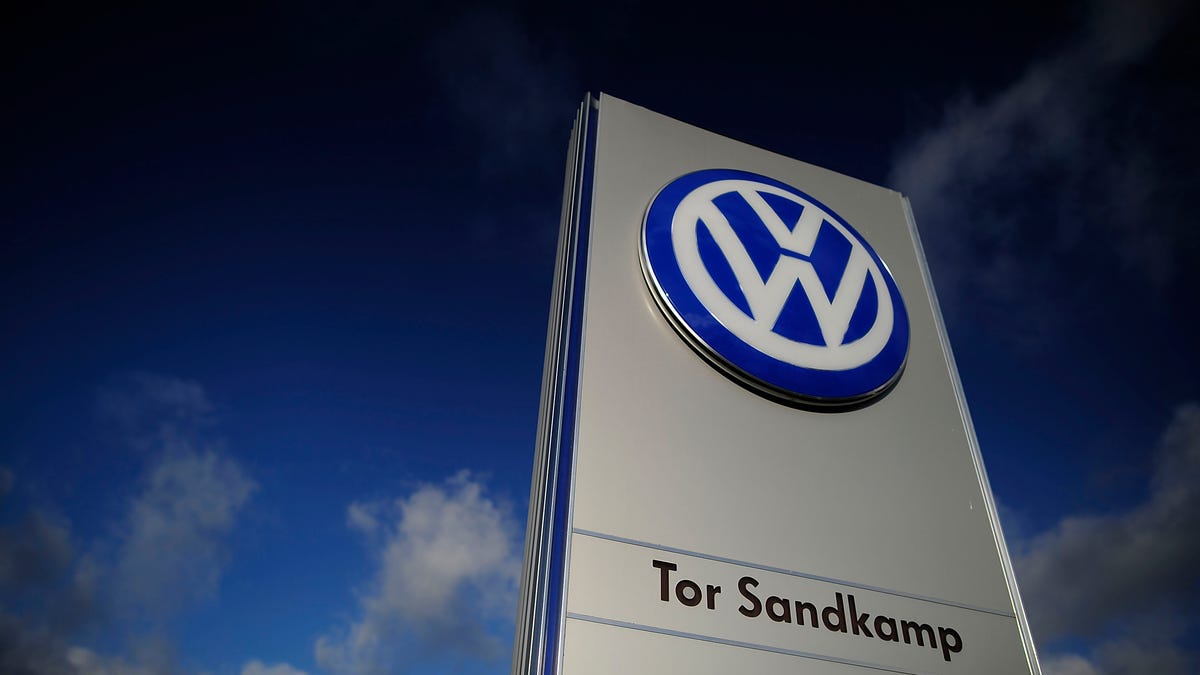Where Volkswagen's $5 billion environmental payout is going
As part of its landmark $14.7 billion settlement with US regulators, Volkswagen will be shelling out cash to improve the land it sullied with its excess diesel emissions.

Volkswagen has finally reached a settlement in regards to its 2.0-liter diesel vehicles in the US, after it admitted to willfully deceiving regulators and polluting well beyond legal limits. Its $15 billion settlement puts $10 billion towards compensating owners and its buyback program, with the rest going to "pollution mitigation." Let's see what that entails.
First up, we have an emissions reduction program. VW will shell out $2.7 billion to fund a wide variety of projects around the country, with the aim of mitigating the nitrogen oxides that its four-cylinder diesels emitted in excess of US regulations.
The funds will be placed into a trust over three years, and will be doled out to beneficiaries that include all 50 states, Puerto Rico, Native American tribes and the District of Columbia. Specific measures were not mentioned, but some will likely go towards health initiatives, as nitrogen oxides can contribute to smog that exacerbates respiratory and cardiovascular issues, as well as asthma development in children.
The remaining $2 billion will be split into two separate plans, both of which will go towards zero-emissions technology advancements, including investments in infrastructure and education that supports zero-emissions vehicles. While electric cars are likely the first zero-emissions vehicles to come to mind, it's not limited to EVs alone.
Of this $2 billion, $1.2 billion will be given to a national investment plan put forth by the Environmental Protection Agency. The remaining $800 million will go straight to California and its own personal EPA, the California Air Resources Board (CARB). The latter figure will be put towards California-specific initiatives. Volkswagen will reach out to tribes, states, cities and the feds to ensure the plan is in everyone's best interests.
If there's one truly good thing to come from Dieselgate, it'll be this. The idea of helping the environment doesn't exactly compel Congress to loosen up the purse strings, and helping advance the cause of zero-emissions vehicles will have both immediate and long-term effects on the air we breathe. Once we've eliminated the effects of all that additional pollution in the air, things can only get better from there.

